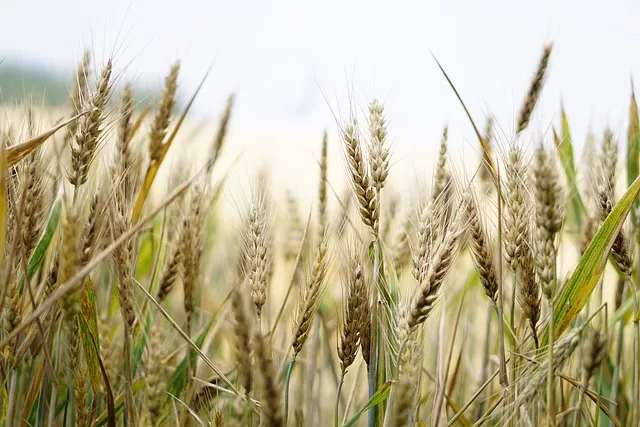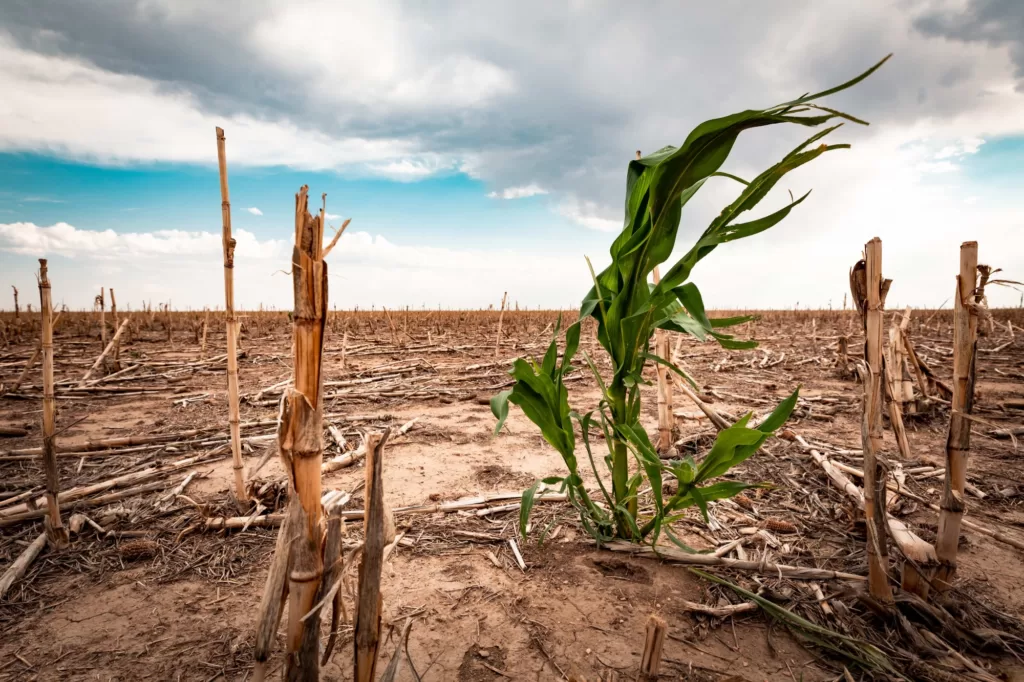Here are a few questions that you may want to ask before buying a farm:
- What is the primary use of the farm? Is it being used for crop production, livestock, or some other purpose?
- What is the quality of the soil, and is it suitable for the type of farming being done?
- Is there adequate access to water for irrigation, livestock, or other purposes?
- What is the condition of the buildings and other infrastructure on the farm?
- What is the location of the farm in relation to markets, transportation routes, and other resources?
- What is the zoning of the land, and what types of development or activities are allowed on the property?
- What is the purchase price of the farm, and what are the terms of the sale?
- Are there any environmental concerns associated with the farm, such as the presence of wetlands, endangered species, or other protected resources?
Buying a farm is a significant investment, and it is important to carefully consider all of these factors before making a decision.
What are the 7 steps of farming?
The specific steps involved in farming will depend on the type of farming being done and the specific needs of the operation. Here are seven steps that may be involved in farming, although the order and details of these steps may vary:
- Planning: Develop a business plan and decide on the type of farming operation you want to start.
- Land preparation: Prepare the land for planting or raising livestock, including tilling, fertilizing, and irrigation.
- Planting: Plant seeds or seedlings in the soil, either by hand or using equipment.
- Cultivating: Care for the crops or livestock by weeding, watering, and applying pesticides or other treatments as needed.
- Harvesting: Collect the crops or livestock when they are ready to be sold or used.
- Marketing: Sell the crops or livestock to customers or buyers.
- Record-keeping: Keep accurate records of the farming operation, including financial records, production records, and other important information.
It is worth noting that these are just a few examples of the steps that may be involved in farming, and the specific steps will depend on the type of farming being done and the specific needs of the operation.
Can I deduct farm expenses without income?
In general, you can only claim deductions for farm expenses if you are engaged in a farming business with the intention of making a profit. If you do not have any farming income, you may not be able to claim deductions for farm expenses.
However, if you incur expenses for a farming activity that you do not expect to make a profit from, you may be able to claim the expenses as a hobby loss. In order to claim hobby losses, you must show that the activity is not engaged in for profit, and the deductions you claim cannot exceed the income generated by the activity.
It is worth noting that the rules for claiming deductions for farm expenses and hobby losses can be complex, and it is recommended to consult with a tax professional or refer to the Internal Revenue Service (IRS) for more information.
What are the 8 stages of farming?
The specific stages of farming will depend on the type of farming being done and the specific needs of the operation. Here are eight general stages that may be involved in farming, although the order and details of these stages may vary:
- Planning: Develop a business plan and decide on the type of farming operation you want to start.
- Land acquisition: Purchase or lease the land that will be used for the farming operation.
- Land preparation: Prepare the land for planting or raising livestock, including tilling, fertilizing, and irrigation.
- Planting: Plant seeds or seedlings in the soil, either by hand or using equipment.
- Cultivating: Care for the crops or livestock by weeding, watering, and applying pesticides or other treatments as needed.
- Harvesting: Collect the crops or livestock when they are ready to be sold or used.
- Marketing: Sell the crops or livestock to customers or buyers.
- Record-keeping: Keep accurate records of the farming operation, including financial records, production records, and other important information.
It is worth noting that these are just a few examples of the stages that may be involved in farming, and the specific stages will depend on the type of farming being done and the specific needs of the operation.
How profitable is farming per acre?
The profitability of farming per acre will depend on a variety of factors, including the type of crops or livestock being raised, the costs of production, and the market prices for the agricultural products being produced.
In general, some types of farming, such as horticulture or specialty crop production, may be more profitable per acre than others, such as grain production. Factors that may impact the profitability of farming per acre include the productivity of the land, the costs of inputs such as seeds, fertilizers, and labor, and the demand for the products being produced.
It is worth noting that the profitability of farming per acre can vary widely, and it is important for farmers to carefully consider all of the costs and risks associated with their farming operations in order to maximize their chances of success.
How many acres does it take to make a living?
The number of acres needed to make a living from farming will depend on a variety of factors, including the type of farming being done, the productivity of the land, the costs of production, and the market prices for the agricultural products being produced.
In general, it may be difficult to make a living from farming on a small number of acres, as the costs of production can be high and the profits per acre may be low. However, it is possible to be successful as a small-scale farmer through careful planning, efficient management, and a focus on high-value crops or livestock.
It is worth noting that the specific number of acres needed to make a living from farming will depend on the specific circumstances of the farm and the local region in which it is located. It is important for farmers to carefully consider all of the costs and risks associated with their farming operations in order to maximize their chances of success.
How do I claim a piece of land?
There are a few steps that you can take to claim farm land:
- Determine the ownership of the land: The first step in claiming farm land is to determine who owns the land and whether it is available for sale or lease. You may need to conduct research to determine the ownership of the land, including checking property records and contacting the owner or their representative.
- Negotiate a purchase or lease agreement: If the land is available for sale or lease, you will need to negotiate a purchase or lease agreement with the owner or their representative. Be sure to carefully consider the terms of the agreement, including the price or rent, any conditions or restrictions, and the length of the agreement.
- Complete any necessary paperwork: If you are purchasing the land, you will need to complete any necessary paperwork, such as a sales contract or deed. If you are leasing the land, you will need to complete a lease agreement.
- Pay any required fees or taxes: If you are purchasing the land, you will need to pay any required fees or taxes, such as closing costs or property taxes. If you are leasing the land, you may need to pay a security deposit or other fees.
It is worth noting that the specific steps involved in claiming farm land will depend on the specific circumstances of the land and the local laws and regulations that apply. It is recommended to consult with a lawyer or real estate professional for more information.
What every farmer should have?
There are a few things that every farmer should have in order to be successful:
- A business plan: A business plan is a crucial tool for planning and managing a farming operation. It should include information on the type of farming being done, the target market, the costs of production, and the financial projections for the farm.
- Adequate financing: Farming can be a capital-intensive business, and farmers may need to secure adequate financing in order to start and operate their farms. This may include loans, grants, or other sources of funding.
- Access to land: Land is a crucial resource for farming, and farmers will need to have access to land in order to grow crops or raise livestock. This may involve purchasing or leasing land.
- The right equipment: Farmers will need to have the right equipment in order to carry out the tasks required for their farming operation, such as planting, cultivating, and harvesting crops, or caring for livestock.
- Skilled labor: Farmers may need to have skilled labor, such as farm hands or veterinarians, in order to manage their farming operation effectively.
- Marketing skills: Farmers will need to have strong marketing skills in order to sell their products to customers or buyers. This may involve developing a marketing plan, identifying target markets, and promoting the farm’s products.
It is worth noting that these are just a few examples of the things that every farmer should have, and the specific needs of a farming operation will depend on the type of farming being done and the specific circumstances of the farm.
What are three important qualities that farmers need?
There are a range of qualities that may be important for farmers to possess in order to be successful:
- Business management skills: Successful farmers often have strong business management skills, including financial planning, marketing, and record-keeping.
- Production knowledge: Familiarity with production practices, including planting, cultivating, and harvesting crops, or caring for livestock, is important for successful farming.
- Problem-solving skills: Farmers must be able to identify and solve problems that may arise on the farm, such as pests, diseases, or equipment breakdowns.
- Physical endurance: Farming can be physically demanding, and successful farmers may need to have strong physical endurance and be able to perform a range of tasks, including lifting, carrying, and operating equipment.
- Attention to detail: Farmers must be detail-oriented in order to carefully manage the various aspects of their farming operation.
- Adaptability: Farming can be a complex and dynamic business, and successful farmers must be able to adapt to changing conditions and circumstances.
- Strong work ethic: Farming often requires long hours and hard work, and successful farmers must be willing to put in the time and effort to manage their operations effectively.
It is worth noting that these are just a few examples of the qualities that may be important for farmers to possess, and the specific qualities needed will depend on the type of farming being done and the specific circumstances of the farm.





